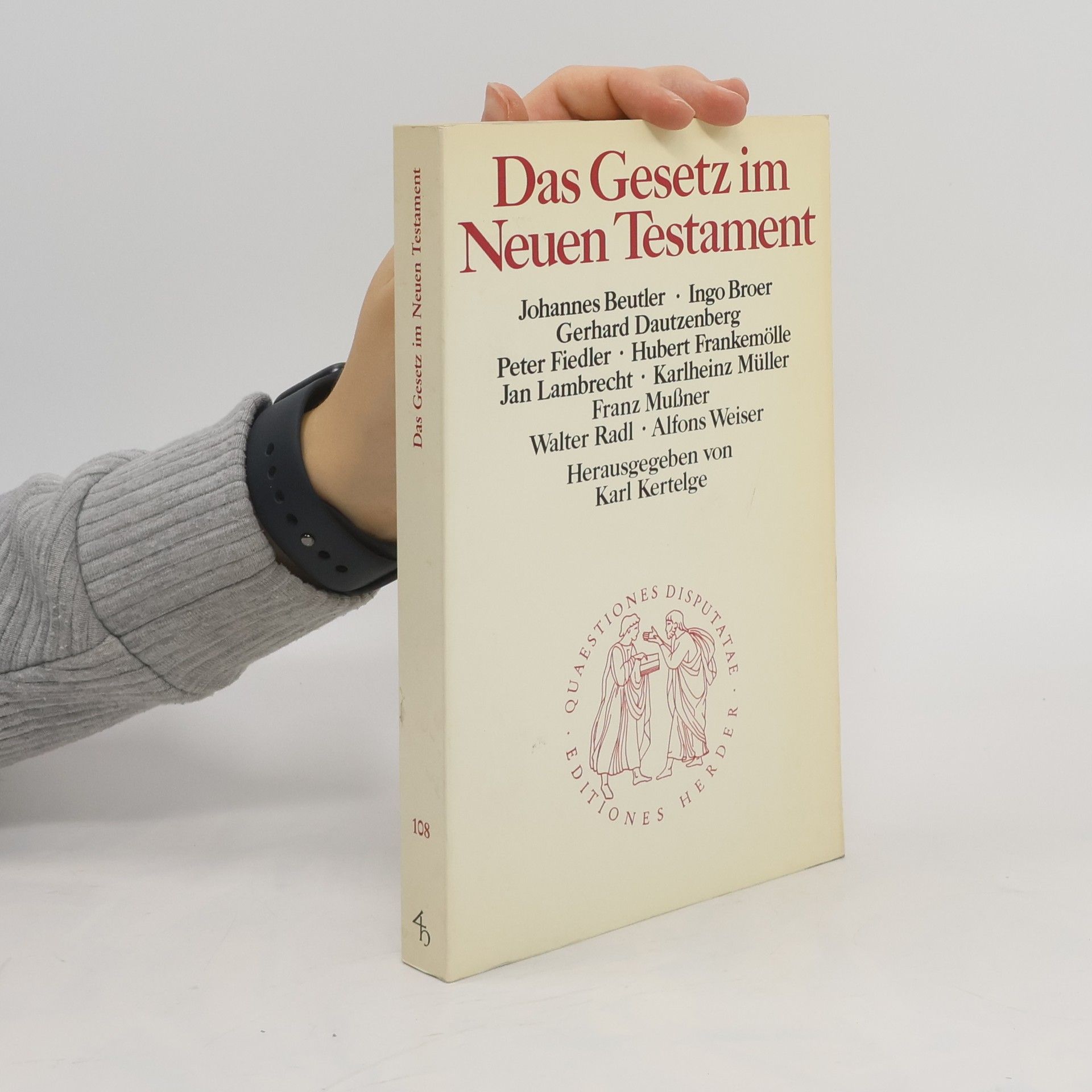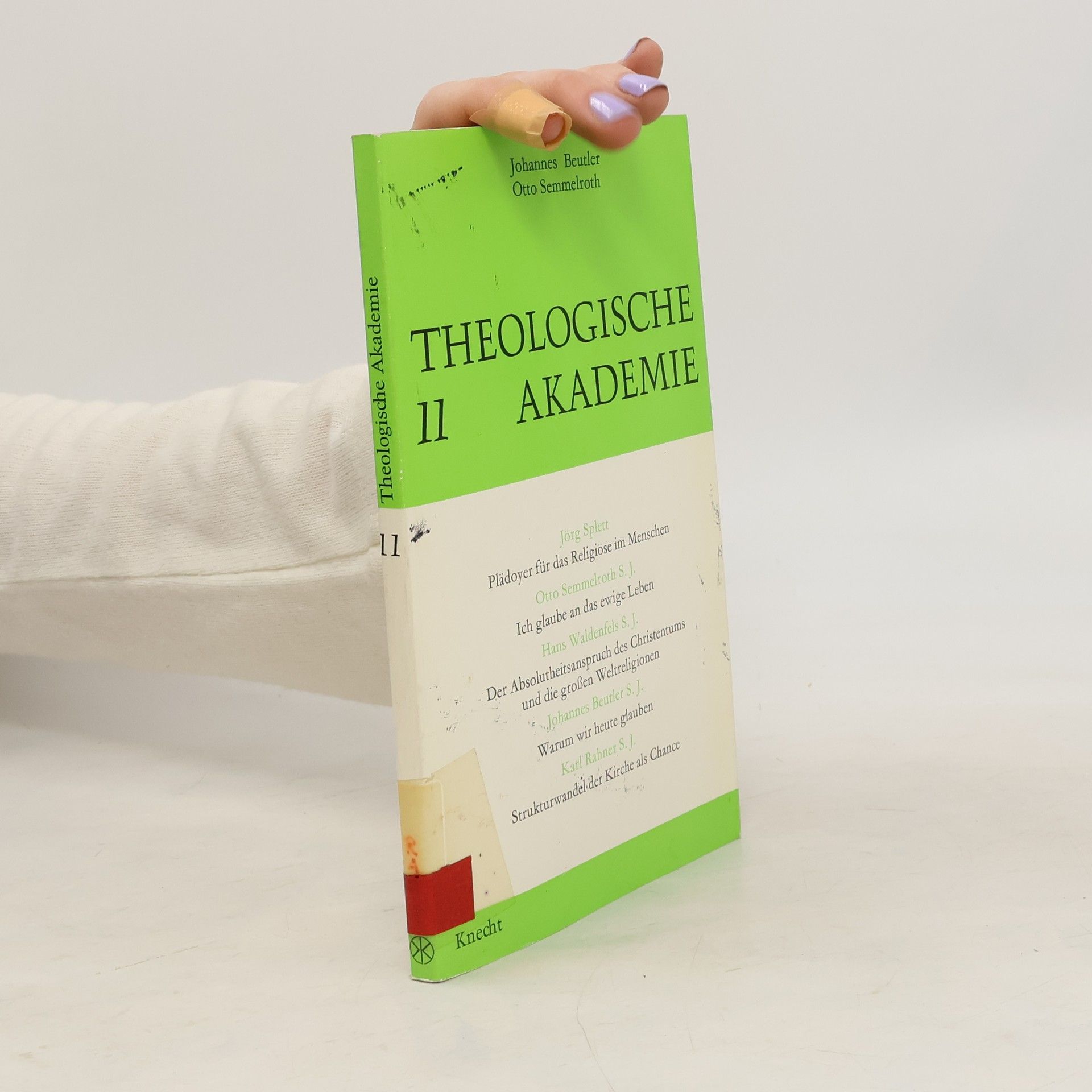Johannes Beutler Bücher
3. Oktober 1933 – 6. November 2024



An zwei Sammelbände aus den Jahren 1998 und 2012 schließt sich ein dritter mit Aufsätzen zumeist aus den Jahren 2012 bis 2022 zu den johanneischen Schriften an. Erneut zeigen sich hier die Wurzeln der johanneischen Schriften im Alten Testament und im Frühen Judentum. Gott ist für den Vierten Evangelisten zunächst der Gott Israels, der sich dann auch als der Vater Jesu erweist. Die ersten Berufungsgeschichten zeigen die Hinwendung des johanneischen Christentums zur Welt der Griechen. In den Johannesbriefen steht der Verfasser in der Auseinandersetzung mit aufkommenden enthusiastischen Strömungen.